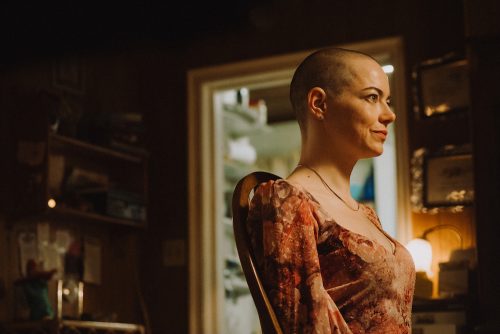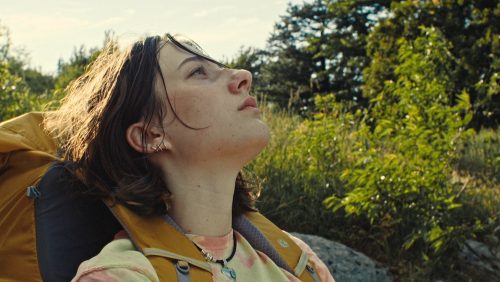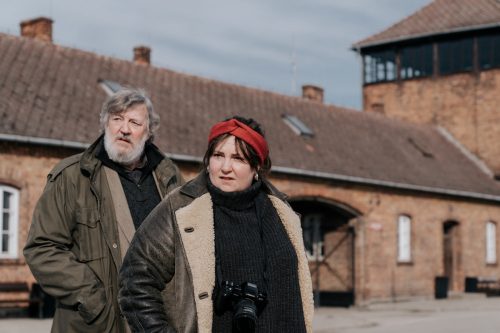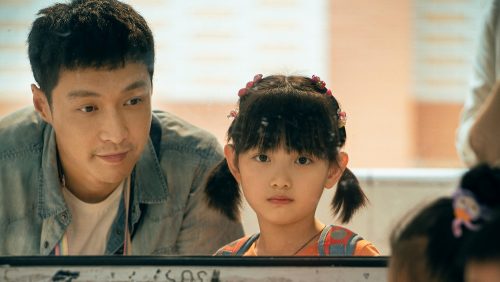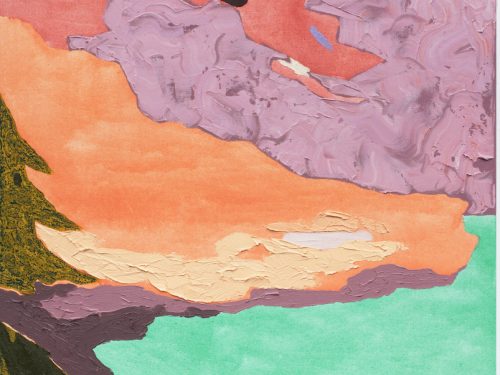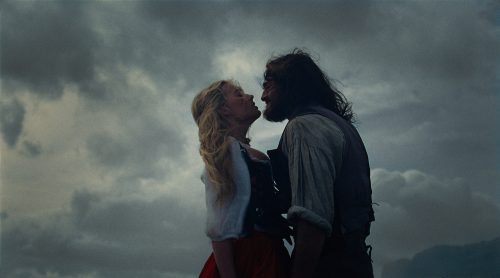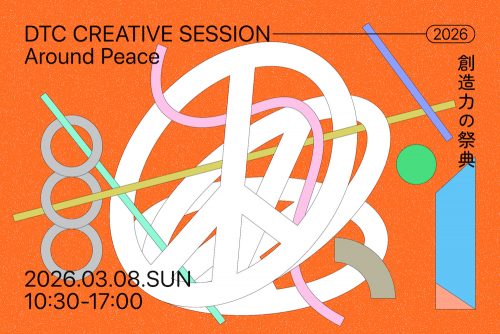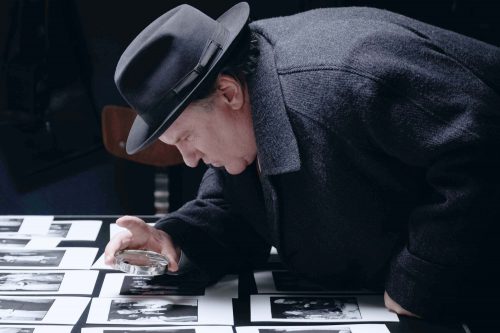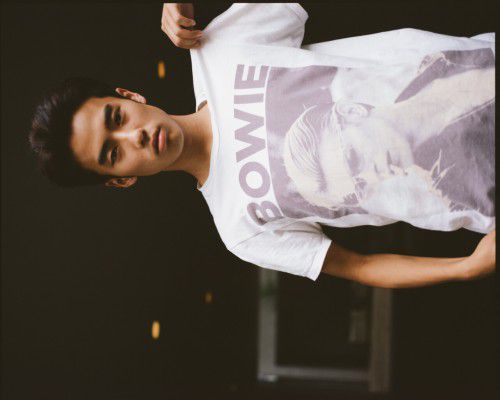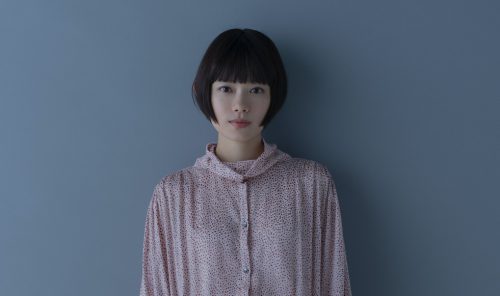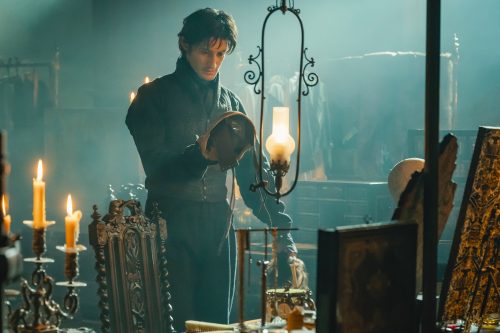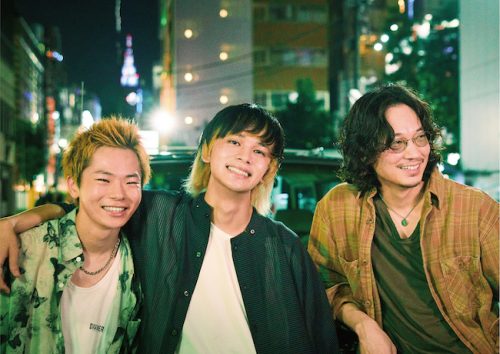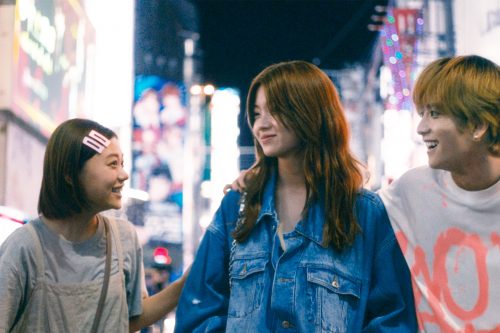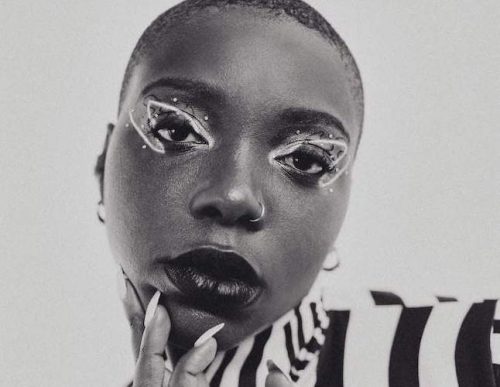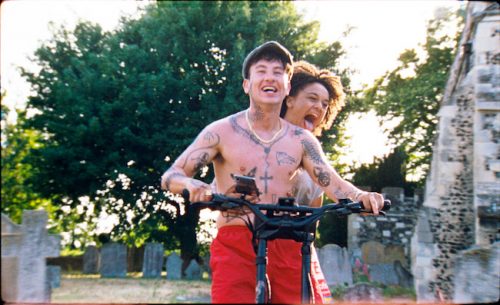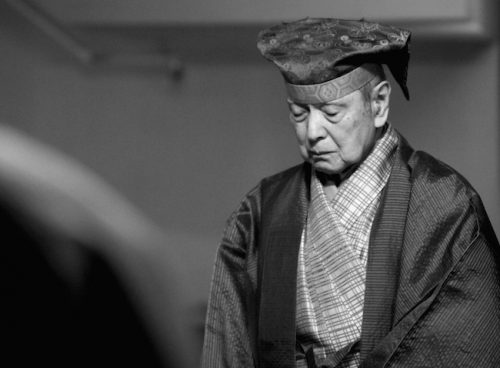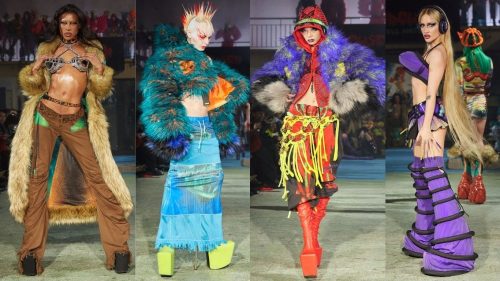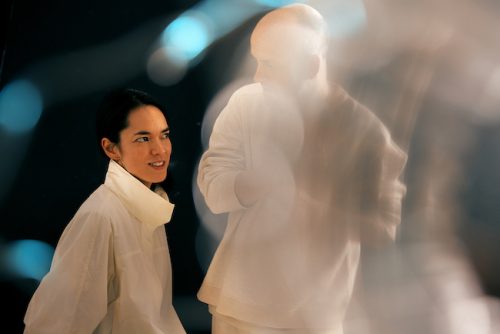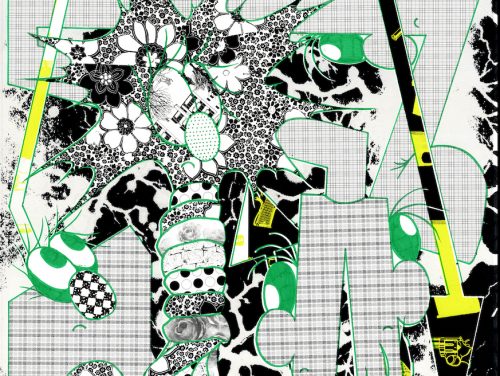
“Fahim – The little chess prince-” is a story about a chess genius, Fahim Mohammad. At the age of 8, Fahim leaves Bangladesh to live in Paris. The story revolves around him and his father, and their struggles in Paris, as political refugees. Having to adapt to a new environment, and trusting others. This is such a beautiful human drama, about friendship and family. It emphasize the importance of mutual support, and kindness. With specially selected, actors such as Gerard Depardieu, this film is a catch.
Fahim has passed his Baccalaureate, (High school certification) and is currently attending business school. He has finally qualified for residency permit, but require five more years to acquire French nationality. This was a wonderful opportunity to personally interview Fahim himself, the inspiration of this film. He answered our questions, with utmost sincerity and positivity.
――How involved were you in the making of this film?
Fahim Mohammad: To tell the truth, I wasn’t so involved in production. I was shown the scenario once, but I haven’t participated in the scriptwriting either. I didn’t visit the filming locations either. This film has fictional elements, however the movie is still a story of my life, so I did make requests to make some changes. But I was never really involved.
――Although some scenes, such as living in the tent, didn’t feel authentic, there were parts where it reminded you how life was like. What were the most prominent memories?
Fahim Mohammad: There is one incident which I can laugh about now, but it wasn’t funny back then. The first night we slept on the streets we put up a camping tent. Paris had a massive storm that day. There was strong wind and rain. We thought we would fly off with tent. I would say that would be an intense memory.


――Which part of the film did you most relate to?
Fahim Mohammad: Personally, I relate to the scene where I become a champion, and receive my title. But objectively, as an audience, it would be the scene where my father gets caught by the police to be deported. He realizes he will be separated from his son, and cries in dismay. In real life my father was never in such situation, and would never take such action. It is a fictional part of the film. As an audience this was the most touching scene.
――You mentioned that you weren’t able to express gratitude to your father recently, therefore this was a good opportunity to do so. Could you tells us your father’s current situation and reaction to this film.
Fahim Mohammad: When my father watched the film, he was very touched. I have to emphasize that this film itself is not the truth. There are some fictional aspects. But as an adult, my father had a much harder time. I was a child so there were things I didn’t know, but my father had to live through that. Watching this film, reminded my father about this.
This film was screened in a larger theater that fits 3000 people. The audience applauded after the screening. We were in the theater and at that time my father was crying. He was proud of the choices he made, and probably remembered my coach, Sylvain Charpentier who passed away. My father is not a person who expresses his feelings.


――You agreed to this film because you wanted to change how people see refugees. With the release of your book, and this film, what were responses you received?
Fahim Mohammad: The book was very well received when it was published. There were no bad responses. Considering I was young, it was appreciated and there is nothing else I can say other than I had positive responses. I received a lot of positive messages for the film as well. What I find upsetting is that , these responses aren’t specific on how to approach or their thoughts on the refugee crisis. In reality I don’t know the reaction of the audience, but this is based on what I receive.
――As you reflect on your past, is there anything you would like to say to people in the same position? What are ways we can support them?
Fahim Mohammad: I feel that it is very difficult to say anything to them. Of course, I want to say “You should do your best, you must do your best, you should not give up” but those who are in difficult situations cannot afford to even listen to such comments. Especially now the COVID-19 situation has had a mass impact on them. They are experiencing even more hardship, that is why it’s difficult to pass them a message.
Another thing I want to point out is that it’s not as simple as “I’m going to do chess, I’m going to do sports, that way I have a path”. I was very lucky , and only very few can have such experiences. The significance of this film is to let people know how difficult it is for refugees. Leaving a country because their lives are at risk, leaving their families, and jumping into a new community is not easy. That is why I would like to show support, however I understand that reality isn’t as sweet.
I am not a specialist for the refugee crisis, so I cannot say anything specific. However, the first step is to accept. For those who were forced to leave their country, being accepted by their new community is the most basic right. It is important to create an environment where children are accepted, and allowed to merge and grow with the local people.
Just like how there are many associations and NGOs in France, there are many organizations willing to help refugees. Volunteering and being part of such organizations is one way to provide help as well.

――Lastly, would you mind leaving a message for your Japanese audience.
Fahim Mohammad: Firstly, I hope my Japanese audience will like this film. I would like this film to be an opportunity for them to learn and question about the refugee crisis.
Secondly, I hope this film would inspire some to play chess. Chess is good for your brain and health. I would feel honored to be part of that first step.
I would appreciate if I can hear your responses, reactions. I have received various comments from international audience, but I want response from the Japanese audience as well. Feel free to tell me how you find the film.
I love Japan. Which is why I want to visit Japan one day. If I can go to Japan, you can learn about me and I can learn about Japan as well. I am looking out for such opportunities in the future. Last but not least, I love the manga series, “One Piece”. I want to come to Japan to meet Oda sensei. Please organize a interview where I can meet Oda sensei. It is my dream to meet him.
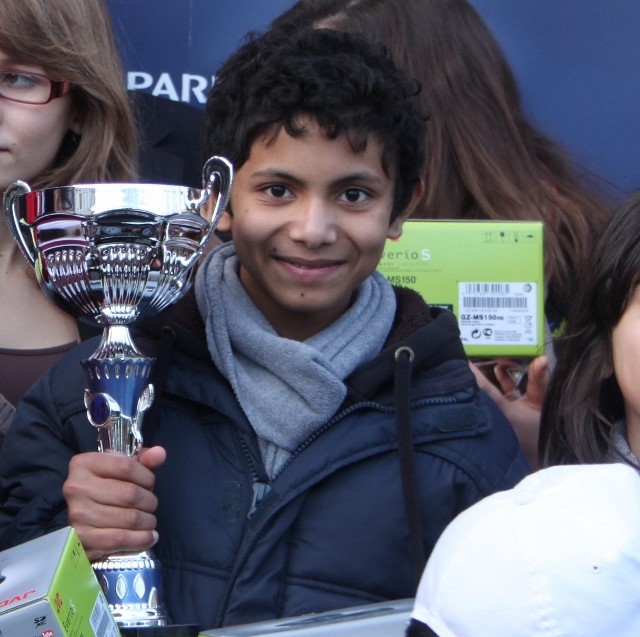
text Maya Lee
edit Ryoko Kuwahara
